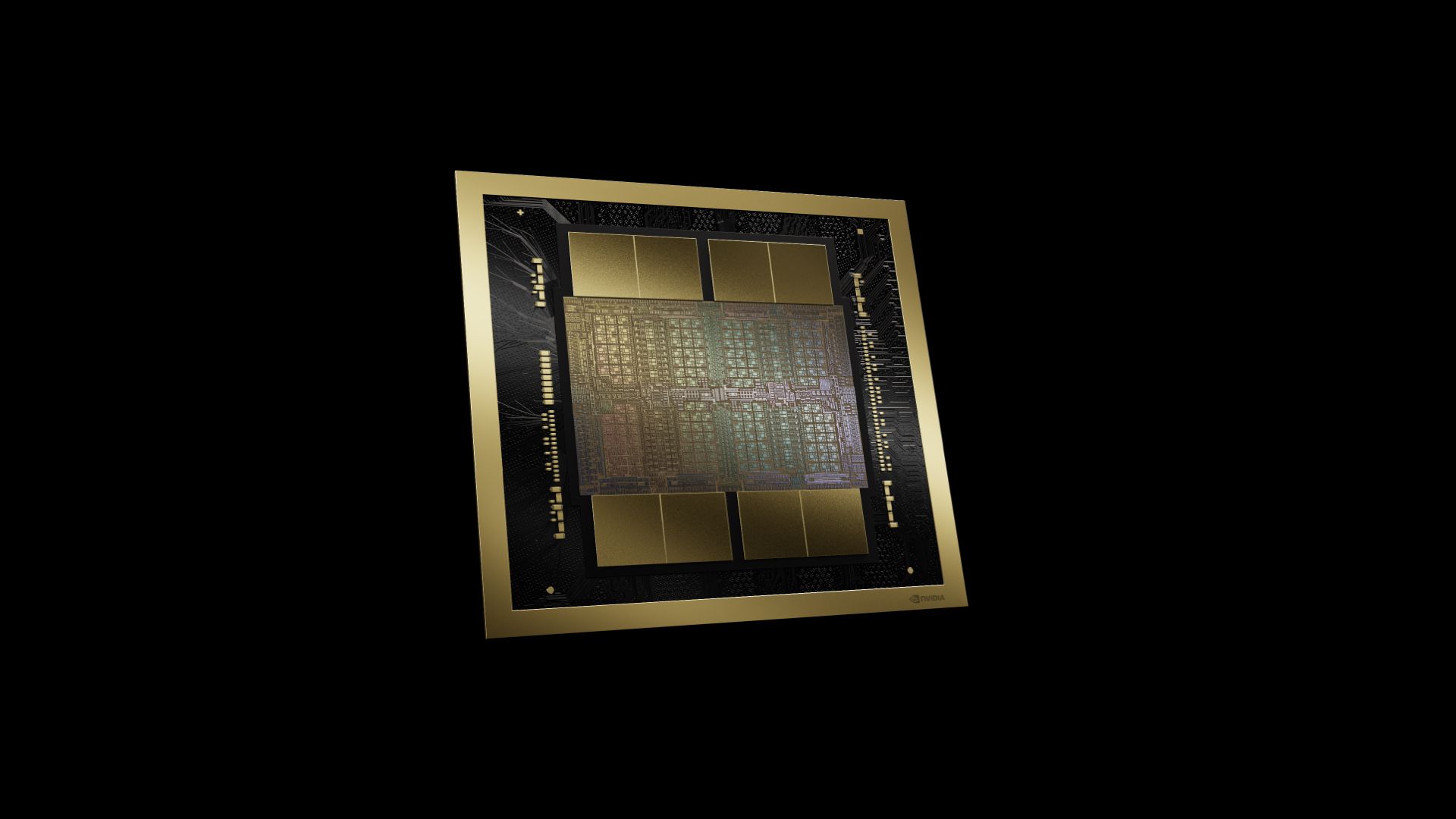The Biden administration has introduced a directive aimed at maintaining the United States’ leadership in artificial intelligence (AI) technology by enforcing restrictions on AI chip exports. Countries are now classified into three tiers: Tier 1 nations (e.g., Japan, the UK) have unrestricted chip access, Tier 2 nations (e.g., Malaysia, Singapore) face limits, and Tier 3 nations (e.g., China, Russia) are entirely barred from accessing US chip technology.
This move addresses concerns over Tier 3 nations bypassing existing restrictions by leveraging cloud computing services in other regions. Notably, US companies are limited to deploying only 50% of their computing power abroad, with stringent caps on allocations to Tier 2 countries.
Malaysia, positioned as a Tier 2 country, could experience both opportunities and challenges. That said, its aim to be a regional data hub will largely remain unaffected, bolstered by partnerships with global technology leaders. While its semiconductor and AI sectors may face limitations on GPU access, the country is strategically positioned to benefit from the expansion of AI data centres by global technology giants like Microsoft, Google and Amazon, who are exempt from computing power limits and permitted to establish AI data centres in Tier 2 countries without restrictions.

However, industry reactions to the new policy are mixed. Malaysian Semiconductor Industry Association (MSIA) President Wong Siew Hai criticised the directive for creating confusion, citing conflicting compliance requirements for GPU purchases. In response to the proposed restrictions, the Ministry of Science, Technology, and Innovation (Mosti) announced plans to collaborate with the Ministry of Investment, Trade, and Industry (Miti) to prepare for potential impacts.
Meanwhile, Malaysian firms such as YTL Power remain optimistic. YTL, partnering with NVIDIA to deploy cutting-edge AI data centres in Asia, asserted that its operations remain unaffected due to exemptions granted to US hyperscalers.

In contrast, the Semiconductor Industry Association (SIA) and NVIDIA expressed concerns over the broader implications of the export curbs. SIA President John Neuffer warned that the policy might harm US competitiveness, stifle innovation, and cede strategic markets to global rivals. NVIDIA’s Ned Finkle echoed these sentiments, cautioning that the “AI Diffusion” rule could derail economic growth and undermine the US’ technological leadership.
(Source: Reuters / Bloomberg [1] [2] / The Edge [1] [2] [3] [4])

